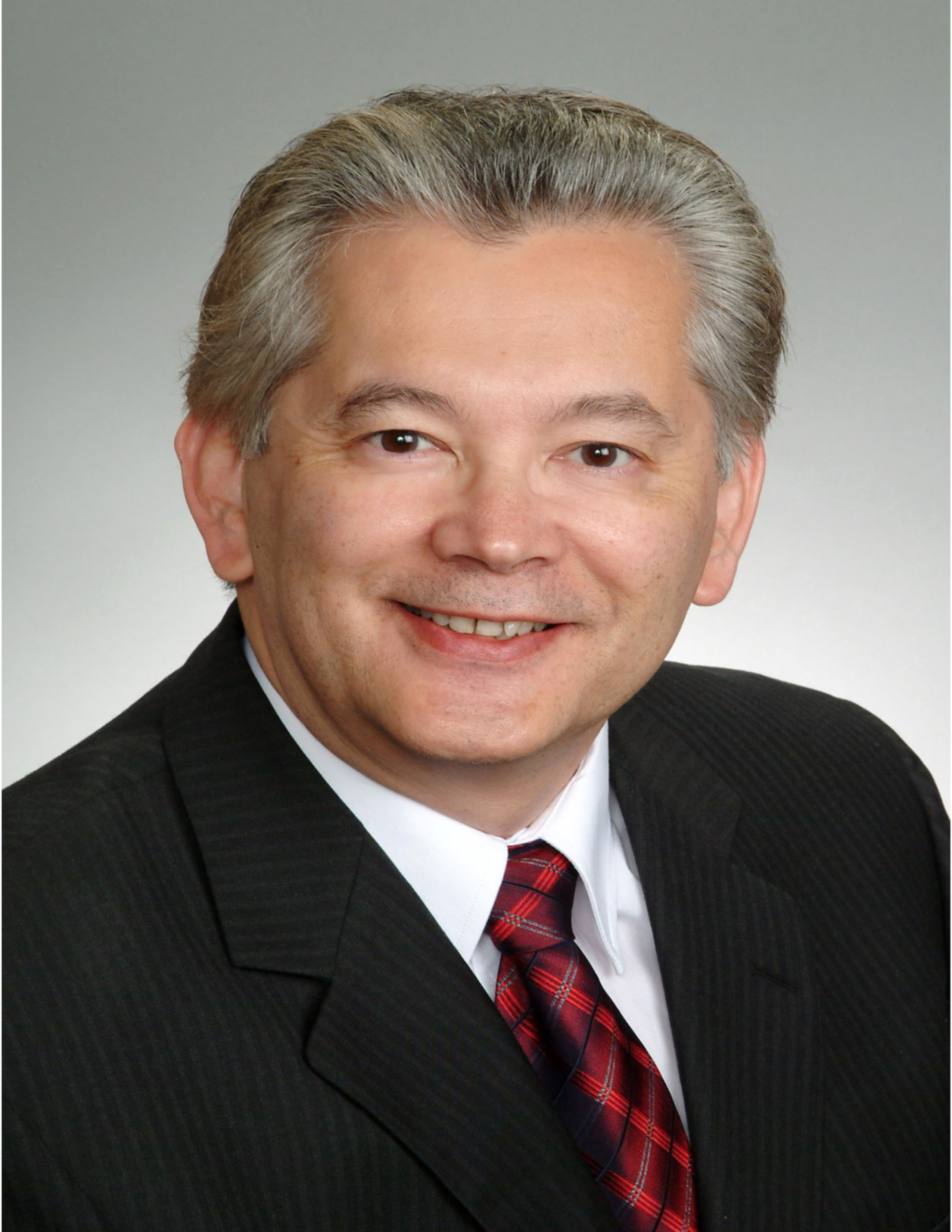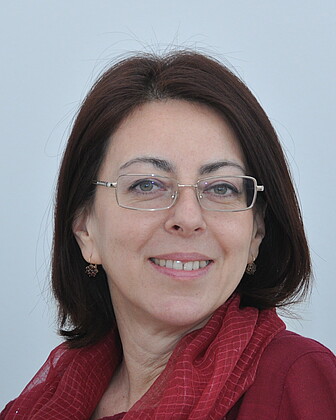
Title: Poseidon Hydroelectric System
Plenary Talk
Richard Navarro, CEO
Renewable Ocean Energy, Inc. United States of America
Abstract
Abstract:
Statement of the Problem: Climate change impacts everyone while the need for more electricity is expanding exponentially with electric vehicles, artificial intelligence, and cryptocurrency. Low-cost, reliable electricity without sun, wind, waves, tides, currents, or batteries is needed. This report describes how Poseidon Hydroelectric System produces electricity on any water source without a dam to reduce climate change by eliminating carbon emissions, reducing transmission line costs, and expand the opportunity to provide electricity to people of the world.
Methodology & Theoretical Orientation: Three proven technologies used for hundreds of years have been blended in a new way using a siphon to lift water from any source, a hydraulic ram pump to capture the kinetic energy of flowing water and deliver pressurized water to an electric generator for less than .002 of a penny/kWh. Controlled operation provides efficiencies for minimizing water waste, eliminating fish kill, noise control, and dam hazards while allowing controlled 24/7 electricity production.
Conclusion & Significance: Renewable Ocean Energy, Inc.’s working prototype will be described with an operational video of the generator. Power may be generated on or offshore with an aesthetically pleasing modular generator without harm to fish, birds, marine life, or the environment. Vetted by the Texas Environmental Quality Board and the National Atmospheric Administration Agency.
Biography

Title: Physical AI and Sustainable Bioproducts for Forest Sector Retooling
Plenary Talk
Fred Schwartz
Solar Valley Consortium, UC Riverside, USA
Abstract
Physical AI and Sustainable Bioproducts for Forest Sector Retooling
Fred Schwartz1,2
1) Faculty of Environmental and Urban Change (York University), Toronto (On)
2) Accelerator LTG, Campbell’s Ba (Qc)
Abstract: The Canadian forest industry’s historical reliance on a single-product commodity model (pulp and lumber) has left it dangerously exposed to global market volatility and trade tariffs. This paper advocates for a systemic "retooling" of the sector, transitioning from centralized commodity production to a decentralized, high-value biorefinery model. We propose a diversified output strategy that integrates advanced mass timber for housing, biomass for energy, and specialized dissolving pulps for textiles, biochemicals, and rigid insulation. By shifting production closer to the source, this model retains economic value within local and Indigenous communities rather than exporting profits to external stakeholders. Central to this transition is the application of a proprietary gPAI (generalized physical AI) platform designed to optimize multi-product streams and supply chain logistics. The authors demonstrate how this technology-driven, localized approach fosters economic sovereignty and industrial resilience in a fluctuating global landscape.
Biography

Title: Market and economic viability of hydrogen-powered vehicles in road transport
Keynote talk
Assoc. Prof. Amela Ajanovic
Institute of Energy Systems and Electrical Drives, TU Wien
Abstract
Market and economic viability of hydrogen-powered vehicles in road transport
The transition toward a smart energy system requires the decarbonization of energy use while simultaneously ensuring security of supply and economic efficiency. In this context, green hydrogen has emerged as a promising energy carrier with the potential to support system transformation. In this context of special interest is to evaluate the economic feasibility of hydrogen, with particular emphasis on its application in the transport sector. Despite its theoretical advantages, hydrogen faces substantial economic and structural barriers. High production costs, limited infrastructure availability, and efficiency losses along the conversion chain remain significant challenges. The analysis therefore examines the complexities of integrating hydrogen into existing and future energy systems, assesses the competitiveness of hydrogen-powered vehicles across various transport modes, and evaluates their position within a market-oriented energy framework. The findings suggest that while hydrogen may serve an important function in hard-to-electrify segments, its large-scale diffusion remains uncertain. In the transport sector, hydrogen is likely to occupy a niche role, primarily where alternative low-carbon technologies are technically or economically unviable. Its potential to become a central pillar of Europe’s sustainable energy future will depend not only on technological advancements but also on coherent policy design, economically sound investment strategies, and credible long-term planning frameworks.
Biography
Amela is an Associate Professor in Energy Economics at TU Wien. She holds a M.Sc. in Electrical Engineering (2002), a PhD (2006) and a Venia Docendi (2016) in Energy Economics from TU Wien. Amela joined the Energy Economics Group (EEG) in 2002, focusing in her research on energy related aspects in the transport sector. She was on research leave several times (e.g., as a visiting researcher at the Energy Research Centre of the Netherlands (ECN) and at the International Energy Agency (IEA), as well as a guest lecturer at the Czech Technical University in Prague). Furthermore, she has acted as a guest editor for a special issue of the journal Energy Policy (Elsevier) on "Modelling transport (energy) demand and policies". Amela has comprehensive teaching, supervision, reviewing and examination experience of bachelor, master and PhD students. She has been involved in many topic-related national and international research projects both as a project partner and coordinator. Her main field of research in these projects focuses in sustainable energy transition analysis on the energy-transport nexus. She has also made a considerable number of scientific conference contributions worldwide and authored more than 50 peer-reviewed scientific papers and book contributions. Amela is an active member of various academic and scientific committees and associations.
“ Will be updated soon...”
“ Will be updated soon...”
+91 9491 456 452
7-89-1-18, NVR LAYOUT, Madanapalle, Andhra Pradesh 517325, India
About Us
Global Scientific Guild organizes conferences and webinars to promote quality research and real world impact in an atmosphere of true international co-operation between scientists, doctors, professors, practitioners, engineers and industry by bringing together the world class renowned personalities to discuss the latest developments and innovations at one common platform.